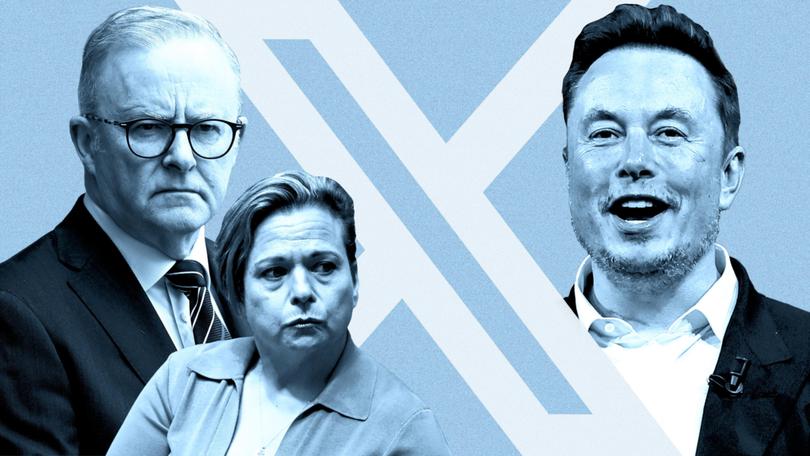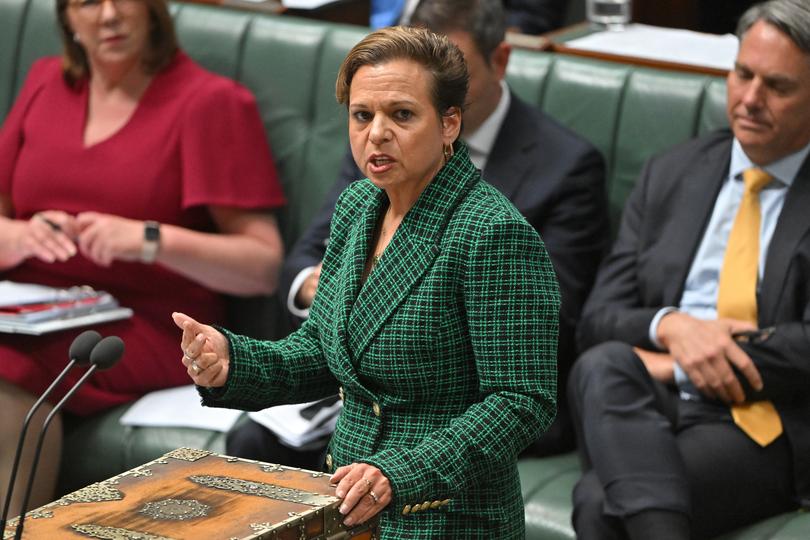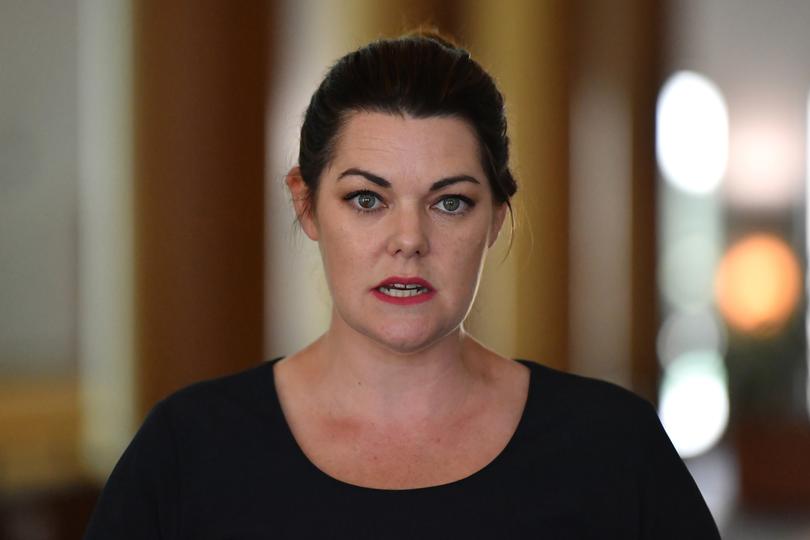NICOLA SMITH: Albanese Government’s social media ban backlash begs the question — Does Elon Musk have a point?
NICOLA SMITH: Tech tycoon Elon Musk isn’t the only one calling for the Albanese Government to put the brakes on the social media ban. And the calls are getting louder.

When Elon Musk suggested the plan to ban under-16s from social media could be a “backdoor way to control access to the Internet” it was a predictable pot-shot in his long-running battles with the Albanese government over online curbs.
But does he have a point that the blanket ban is a rush job that could have disastrous unintended consequences?
Opponents of the law on home turf say yes - and it’s not just the Greens who have denounced attempts to ram through the Bill this week as a “reckless” proposal that “goes against the evidence” or Independents like Kylea Tink who argue the law is a ploy to chase votes.
Sign up to The Nightly's newsletters.
Get the first look at the digital newspaper, curated daily stories and breaking headlines delivered to your inbox.
By continuing you agree to our Terms and Privacy Policy.Nobody opposes efforts to safeguard young people on the internet, particularly in light of the tragic cases of children taking their own lives due to online bullying, and the rising alarm among parents desperate to save vulnerable teens from the pressures of social media.
But a formidable crowd of academics, mental health, legal and children’s rights groups are lining up to warn that a blunt ban is not the way the way to solve such a complex and nuanced problem. Some say a quick hit prohibition could do more harm than good.
The Australian Human Rights Commission, the Australian Child Rights Task Force and anti-bullying groups are among those raising legitimate concerns about the government’s approach.
Save the Children, one of the country’s most respected NGOs, joined 140 experts and groups who recently called in an open letter for a rethink of the world-leading strategy. The agency described the prohibition as a “band-aid on a gunshot wound”.
Rather than lock children and young people out of online spaces, the Government needs to focus its energies on demanding accountability from social media giants to make their platforms safer by design, argued CEO Mat Tinkler.
Critics caution simply excluding children from social media will reduce teens’ access to support networks, ripping them away from lifelines to friends and online communities, and also create greater risks, stigma and isolation for those who flout the ban and encounter harm.
The law before parliament this week would block under-16s’ access to apps including TikTok, Facebook, Snapchat, Reddit, Instagram and X at a minimum, with exemptions for messaging services, online games and other services for health and education support.
It creates an obligation for social media platforms to take reasonable steps to prevent users under 16 years from having an account or face fines of up to $50 million.
There will be a minimum lead-in period of 12 months before the ban is activated and parents will not be able to give consent for their children to use social media.
The ban, setting the “same standard” for all, would take pressure off parents and teachers to tackle the problem, the Prime Minister told parliament on Monday. “We are on your side. We have your back,” he said.
Communications Minister Michelle Rowland has stressed there will be strong privacy protections to make sure platforms don’t use data collected for age assurance purposes for any other use.

But the fraught question of how to ascertain age has not yet been fleshed out, prompting privacy fears, including whether Australians will need to hand over more personal data to the tech giants.
As it stands, the Bill would be passed into law before age verification trials determine how to enforce it.
Leo Puglisi, a 17-year-old Melbourne student who founded online streaming service 6 News Australia at the age of 11, is among the sceptics who believe the new controls would be “very easy to bypass” for a determined teenager.
“With respect to the government, these are people who didn’t grow up in the social media age who are making laws about social media and trying to understand it,” he said.
Mr Puglisi believes the best solution is “better education” for parents and children.
Rather than simply order teenagers to stay offline, it’s better to teach them “how you can safely navigate through social media,” he argued.
“You’ve got to accept that young people will be on it, and you’ve got to be able to let them know how they can find safe places online.”
Facing a logjam of legislation before the end of its parliamentary term, Labor is clinging to the social media ban as one of its best hopes for a political win. Broad Coalition support ensures it will likely pass this week.
But disquiet regarding the speed of its passage have caused some Coalition members to waver, with Nationals member Keith Pitt the latest to join colleague Matt Canavan, the Greens and other Senate crossbenchers in voicing criticism about the scramble to legislate.
Only last week, the parliament’s own joint select committee into Social Media and the Australian Society concluded against a blunt age ban for social media as the right solution for battling online toxicity.
A breathtakingly short three-day timeframe for a Senate inquiry this week has been derided by Greens Senator Sarah Hanson-Young as a “joke”

Duty of care should be prioritised over an outright ban, she says, backing proper regulation to make tech giants more socially responsible and “EU-style guardrails” to reduce the damage being done by “poisonous algorithms.”
Independent Senator David Pocock said he is broadly supportive of an age restriction but still undecided on how to vote because of the hurried process to present a done deal to voters.
“You’re not asked to vote on the intent, you’re asked to vote on the policy details,” he said.
“Whilst I applaud the government for doing it, let’s get it right.”
On Monday, the prime minister said Australia should be proud of leading the world to protect children online. But in the sprint to legislate on a complex problem before the election, the government could do well to question if it’s acting in young people’s best interests or its own?

